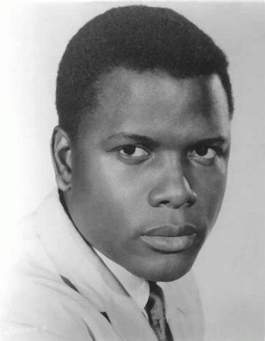
I think it is important to hear what research tells us about parenting and fatherhood i.e. factual evidence that comes from carefully, designed studies by social scientists. In that regard, the conversation I think worth listening to, by anyone who is a parent, is the conversation between Jordan B. Petersen, the clinical psychologist and author of “12 Rules for Life, An Antidote to Chaos”, and William Farrell, psychologist and co-author of “The Boy Crisis”. The title of the conversation is “The Absolute Necessity of Fathers”.
This conversation deals with the consequences of a fatherless household and a discussion of the crucial role played by fathers in child development, paying particular attention to play and delay of gratification.
Please take time to watch this discussion on YouTube or listen to it on a podcast as you exercise or are driving. It will open your eyes and ears to the absolute necessity of fathers, or at least give you pause.
I can only talk to my experiences as a father-deprived child and as a very evolving and involved father. While I can act as a mentor through my book and blog, I cannot claim to an expert in the fields these men are expert. This is a very important discussion!
#powerofdadhood























